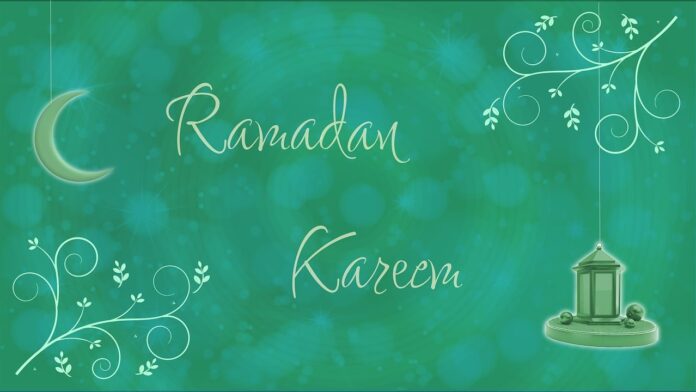Ramadan, observed by millions of Muslims worldwide, is a deeply spiritual time marked by fasting, prayer, reflection, and community. It is the ninth month of the Islamic lunar calendar, a period when the Qur’an was revealed to the Prophet Muhammad. In 2024, Ramadan is expected to start on the evening of Sunday, March 10, and end on the evening of Tuesday, April 9, with the celebration of Eid al-Fitr on Wednesday, April 10.
The essence of Ramadan extends beyond mere abstinence from food and drink from dawn until sunset. It’s a time for Muslims to cleanse their souls, intensify their faith, and renew their purpose. Fasting, one of the Five Pillars of Islam, serves as a means of spiritual purification and physical discipline, encouraging empathy for the less fortunate and a gratefulness for the blessings one has received.
The pre-dawn meal before the fast begins is known as Suhoor, and the meal to break the fast after sunset is called Iftar. These meals are often shared within communities and among families, strengthening bonds and fostering a sense of belonging. Iftar, in particular, starts with the consumption of dates and water, following the tradition of the Prophet Muhammad, before moving on to a more substantial meal.
Prayer holds a central place in Ramadan, with Muslims engaging in additional prayers called Taraweeh, offered in congregation nightly. These prayers allow Muslims to listen to and reflect on the entirety of the Qur’an over the course of the month. The night of Laylat al-Qadr, or the Night of Decree, represents the pinnacle of Ramadan. It commemorates the night the Qur’an was first revealed to the Prophet Muhammad, considered the most sacred night of the year. Muslims seek it in the last ten nights of Ramadan, especially in the odd-numbered nights, engaging in extensive prayer and seeking God’s mercy, forgiveness, and blessings.
Charity, another crucial aspect of Ramadan, is emphasized through acts of generosity and giving, known as Zakat and Sadaqah. Muslims are encouraged to give to those in need, reflecting the Islamic principle of caring for the less fortunate in society. This spirit of giving embodies the essence of Ramadan, promoting a sense of solidarity and compassion among people.
The conclusion of Ramadan is marked by Eid al-Fitr, a festive day of celebration that signifies the end of the fasting month. Muslims gather for a special prayer in the morning, followed by festivities that include visiting family and friends, sharing meals, and giving gifts, particularly to children. It’s a day of joy, gratitude, and community, reflecting the achievements of a month dedicated to faith, discipline, and self-reflection.
Ramadan’s observance is a multifaceted experience that encompasses fasting, prayer, reflection, community, and charity. It serves as a time for Muslims to strengthen their faith, improve their character, and deepen their empathy and solidarity with those less fortunate. The rhythms of fasting and prayer, the communal meals, and the acts of generosity towards others cultivate a sense of unity and purpose, embodying the profound spiritual and social dimensions of Islam.






